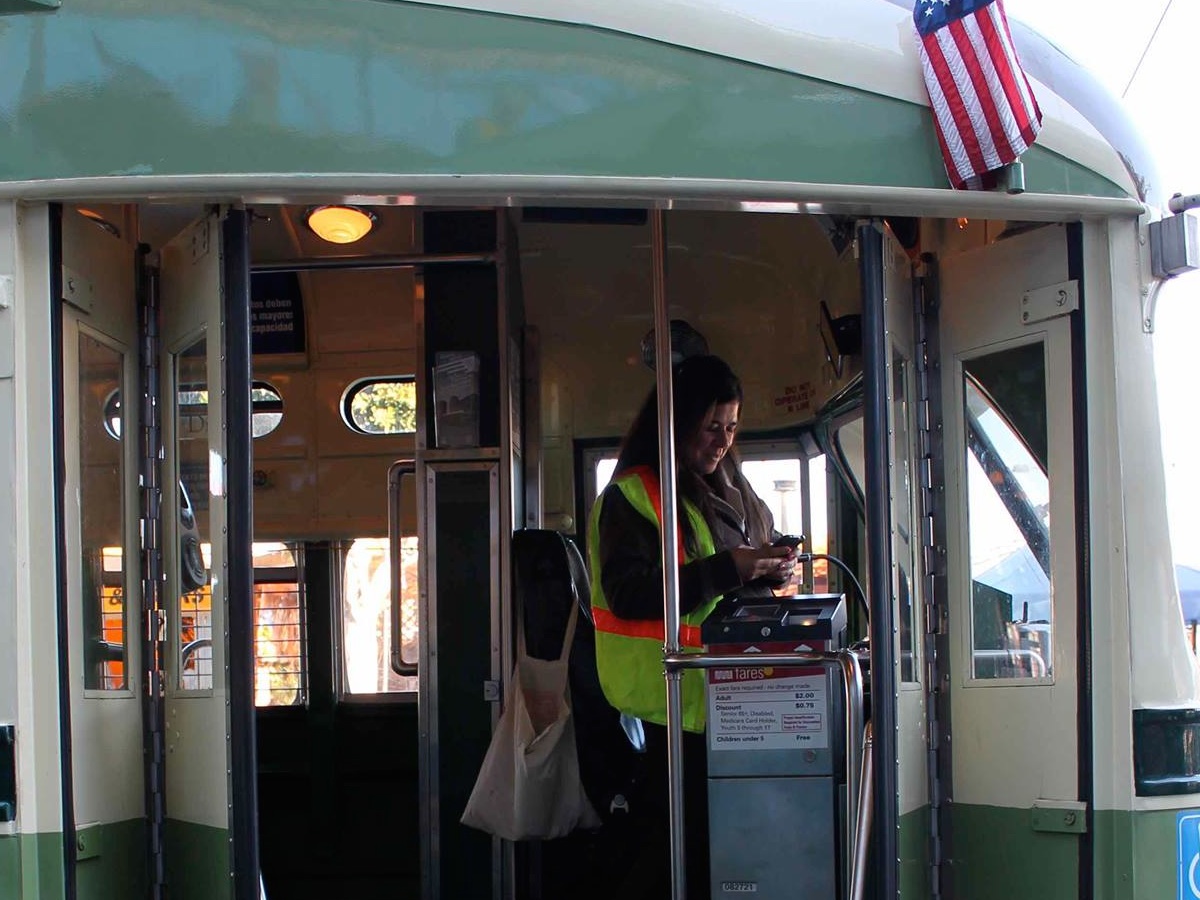Muni operators in San Francisco extended their “sickout” into a second day on Tuesday, snarling traffic in the city and causing long delays for those trying to commute, according to CBS San Francisco.
The San Francisco Chronicle had reported on Monday that San Francisco Municipal Transportation Authority (SFMTA) employees had called in sick before work in the morning, taking 400 of 600 total Muni vehicles in the city off the streets.
The SFMTA tweeted out a warning early Monday morning, advising commuters to expect “major delays on all routes” of the Muni system. “We apologize for the inconvenience,” the tweet read.
ATTN: Pls expect major delays on ALL routes and lines this morning. We apologize for the inconvenience.
— SFMTA (@sfmta_muni) June 2, 2014
Muni operators are apparently upset over the terms of a proposed labor agreement that employees rejected on Friday in a staggering 1,198-42 vote by their union, TWU Local 250-A, according to CBS. Under the proposed deal, Muni workers would get an 11.25% pay increase over two years, and have their salaries raised to $32 an hour on July 1. That would make them the second-highest paid transit workers in the country, according to the SFMTA.
CBS notes that San Francisco city employees are not legally allowed to strike. Still, Chronicle “insider” Phil Matier told CBS that because the operators are staging a “sickout” and not a “strike,” the workers cannot be fired or replaced.
“This sick-out undermines public confidence in the agency,” San Francisco Supervisor Scott Weiner said in a statement. He also noted that he will try to urge SFMTA employees to get back to work by introducing a resolution at a city Board of Supervisors meeting on Tuesday.
The SFMTA is obviously less than thrilled with the Muni operators; in a memo provided by the Chronicle, Alicia John-Baptiste, the MTA’s chief of staff, wrote that Muni operators would need to provide doctor’s notes if they wanted to collect pay for their sick days.
Still, the SFMTA’s threats are little consolation to San Francisco commuters, who in many cases have endured double, or even triple, their usual wait times.
“It’s not fair, and they should already know that,” commuter Junior Vaa told the Chronicle while waiting for his bus. “Downtown is busy. People have to go to work. If you’re taking the day off on this kind of job, maybe they should find somebody else who can do the work.”
Photo: Joel B. Pollak/Breitbart News

COMMENTS
Please let us know if you're having issues with commenting.